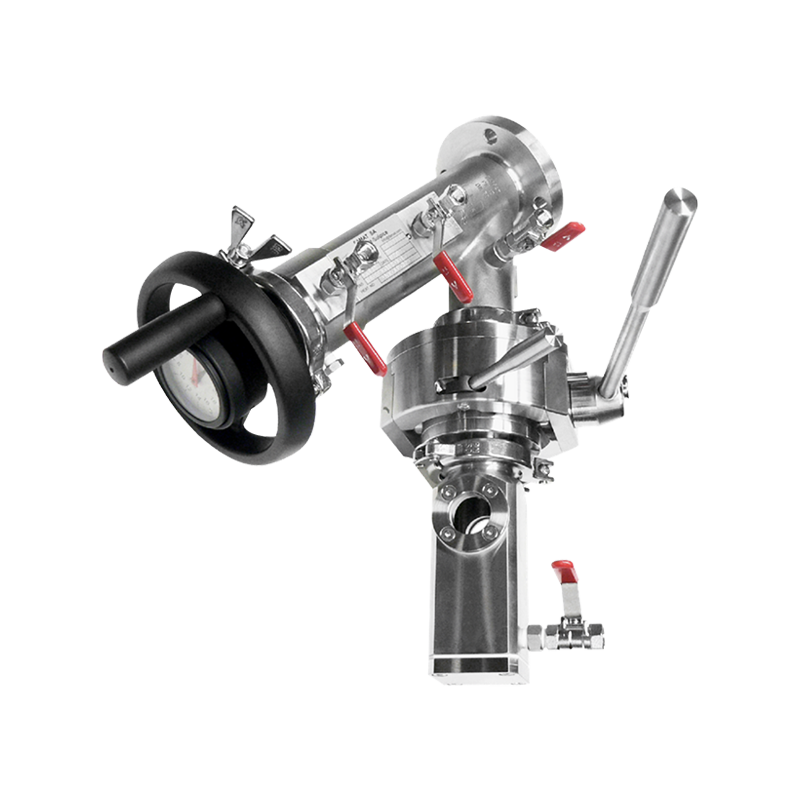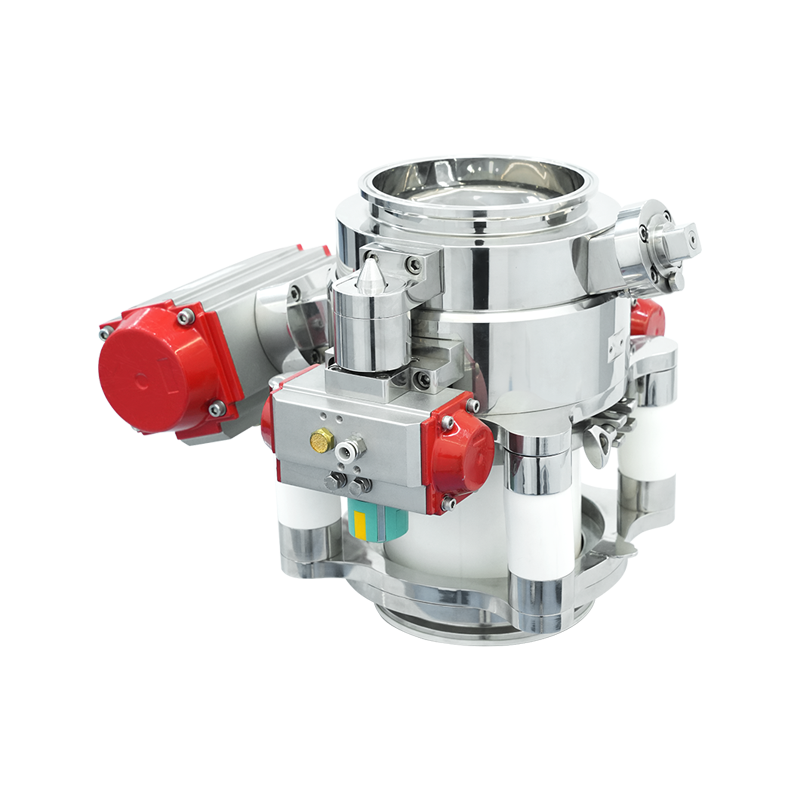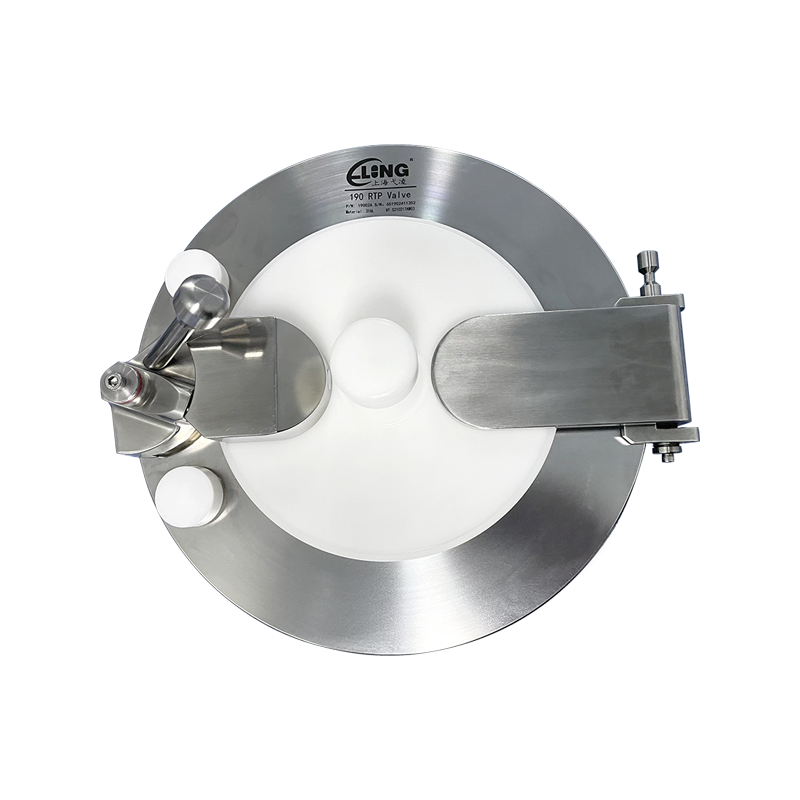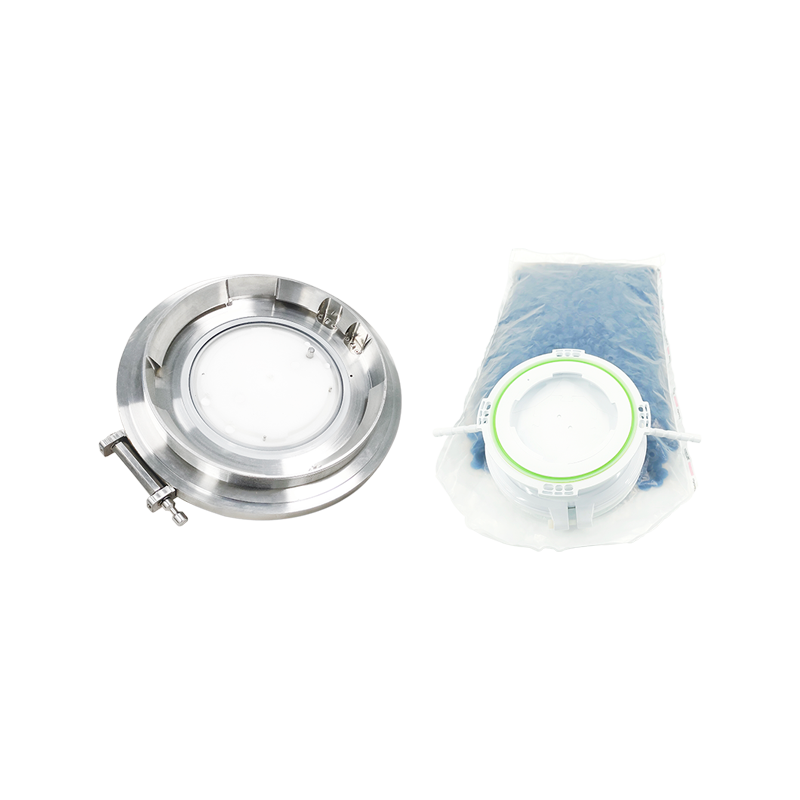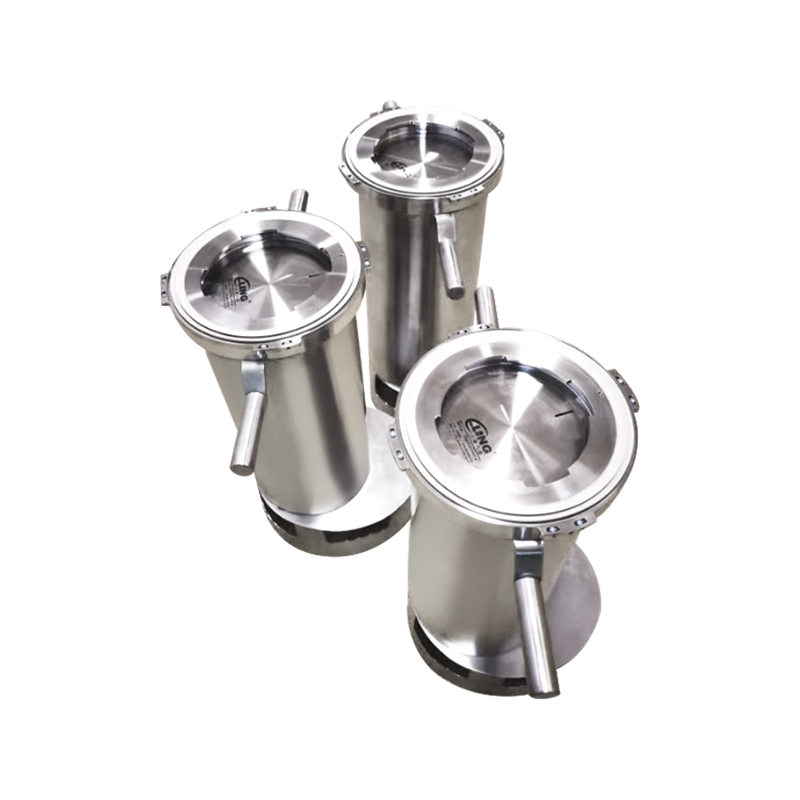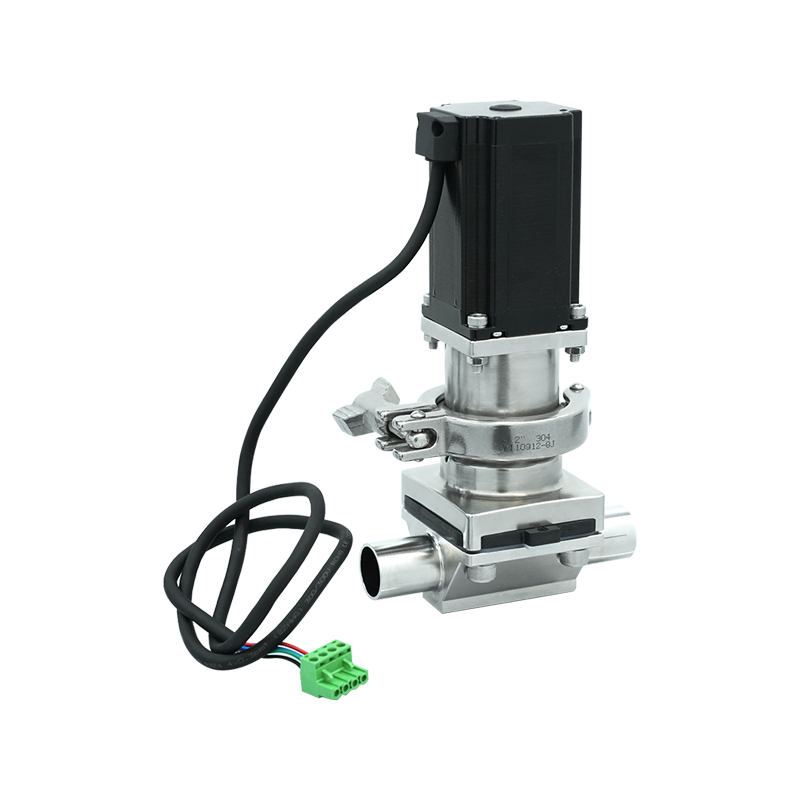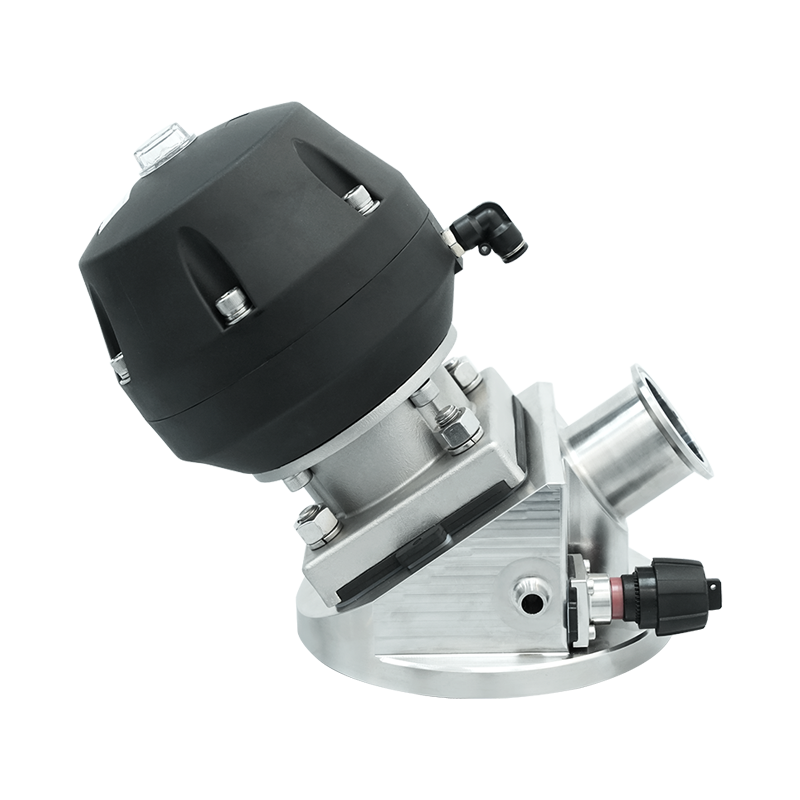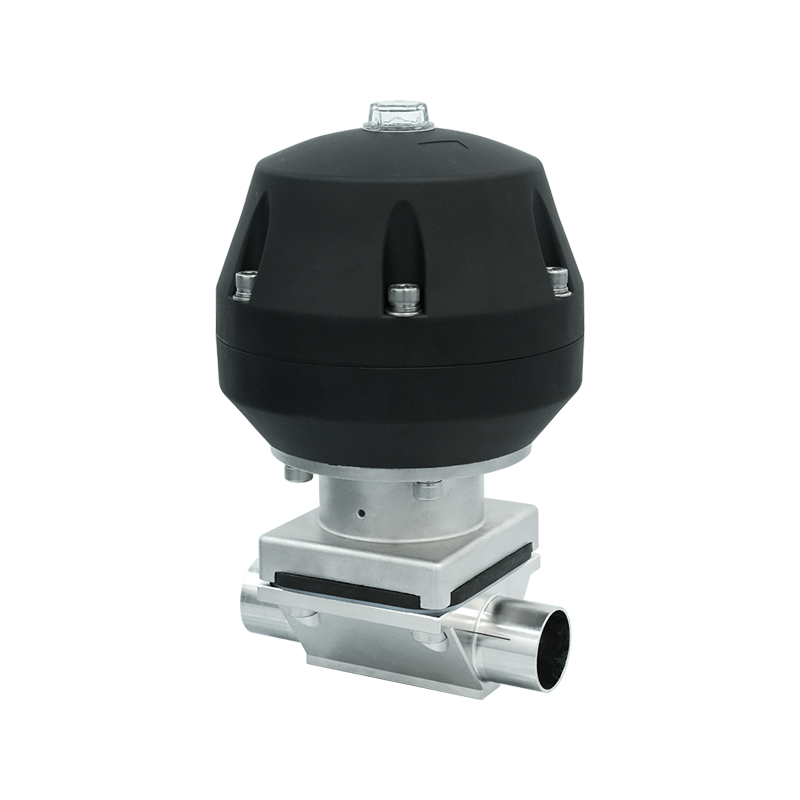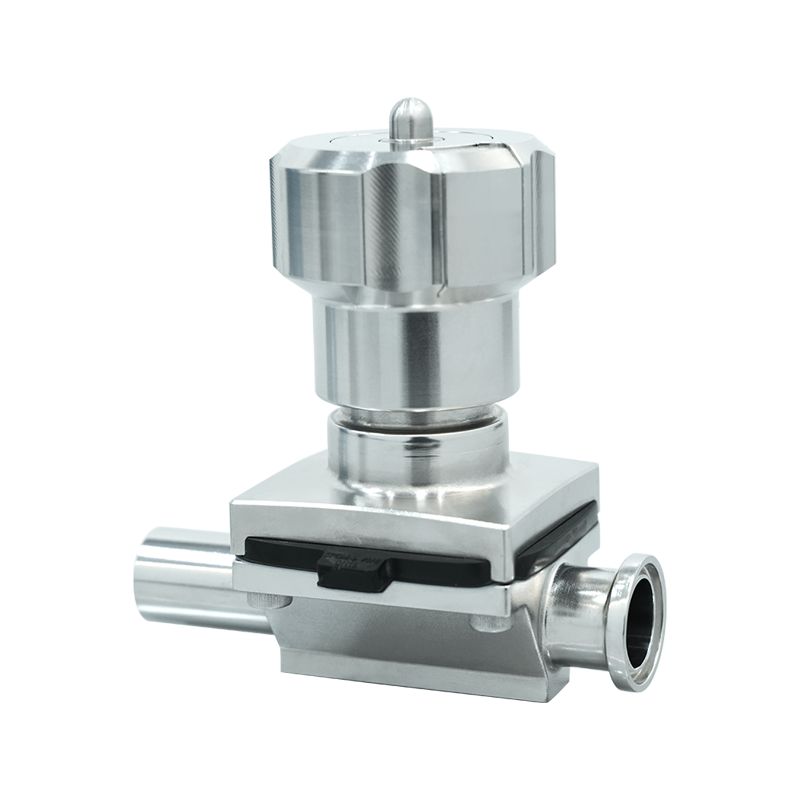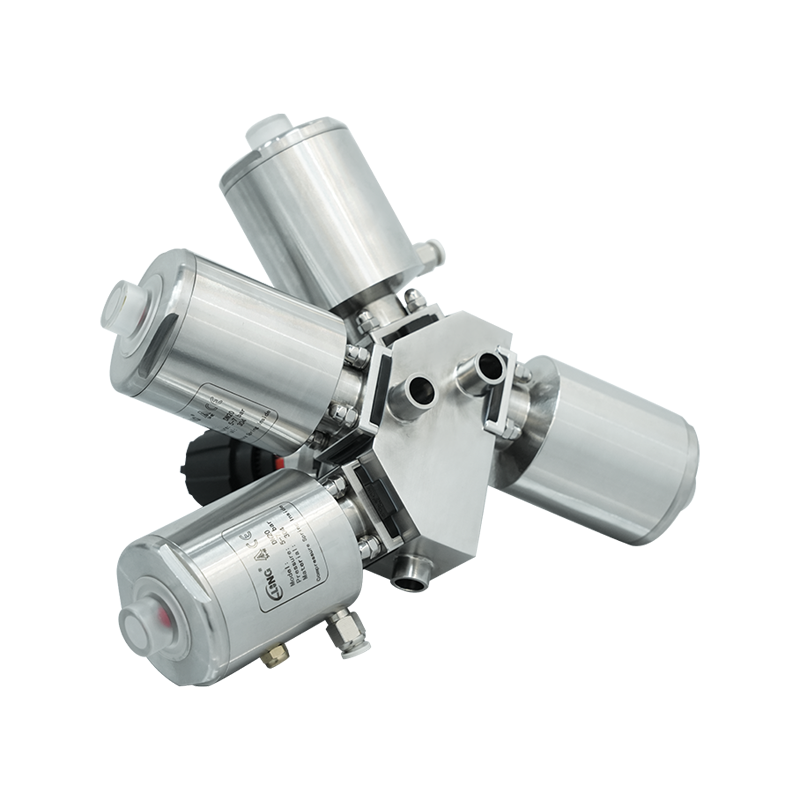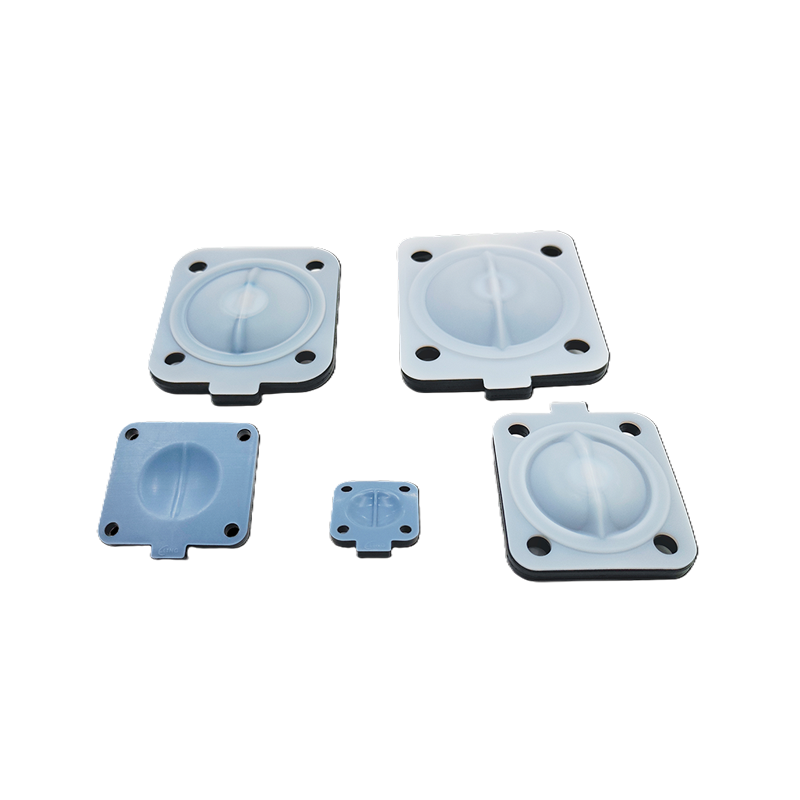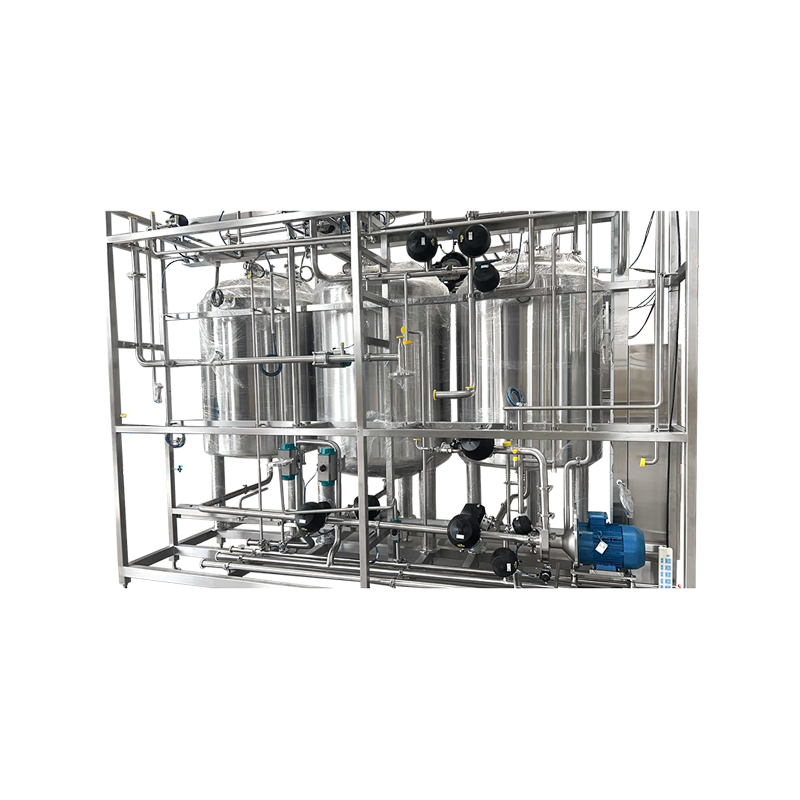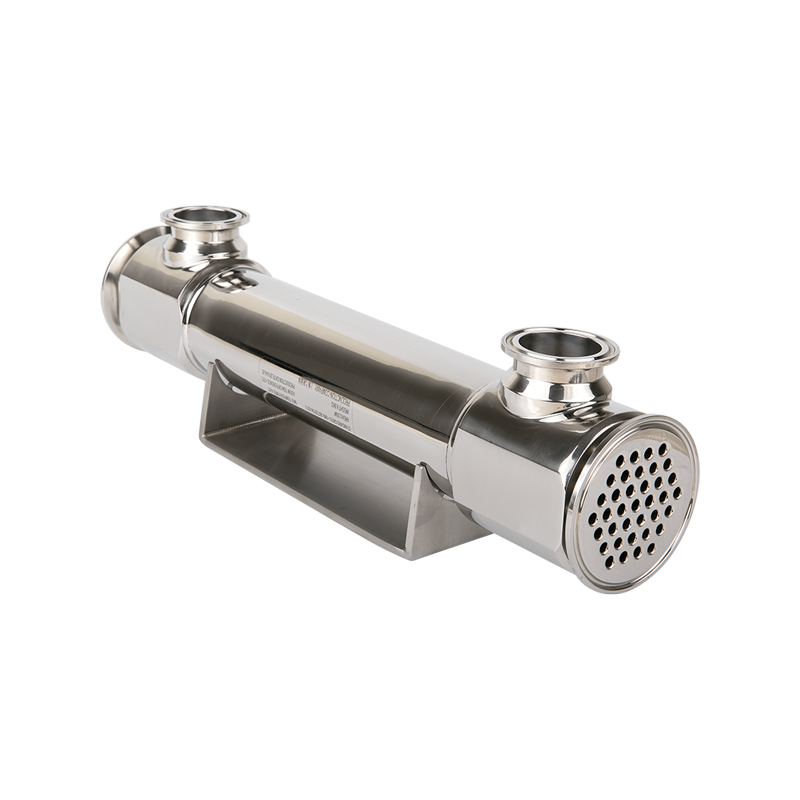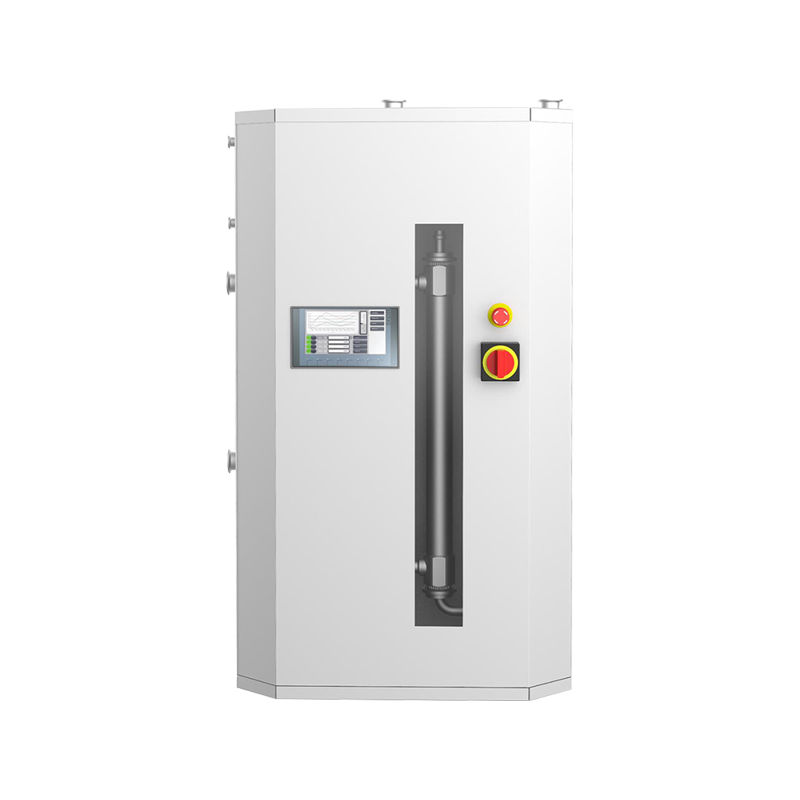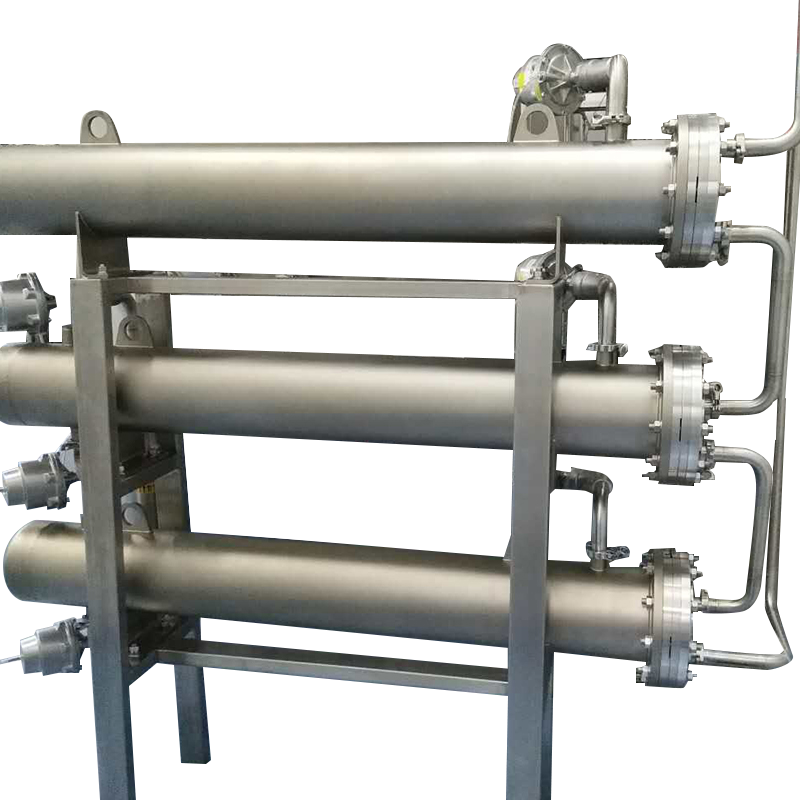Why GMP Compliance Matters
In industries like pharmaceuticals and biotechnology, cleanliness is not just about appearance—it's about product safety, regulatory compliance, and operational integrity. GMP standards ensure that products are consistently produced and controlled according to strict quality measures.
This means all cleaning equipment used within GMP facilities must:
Be easy to clean and sanitize
Use materials that do not corrode or shed particles
Be designed to avoid microbial contamination
Offer traceability and validation for every cleaning cycle
A mobile high-pressure GMP cleaning machine is engineered specifically to meet these rigorous standards.
Key Benefits of Mobile High-Pressure GMP Cleaning Machines
One of the biggest advantages is mobility. These machines are built on wheels or casters and can be easily transported between rooms or departments. This is crucial in large facilities where cleaning needs vary across production areas.
Another major benefit is high-pressure cleaning capability, which allows for the removal of stubborn residues like dried powder, chemical buildup, or biofilm—without excessive chemical use. This reduces the risk of cross-contamination and speeds up turnaround times between batches.
They also reduce manual labor, helping maintain cleaning consistency, lower operational costs, and minimize human error. Many units are programmable and come with digital displays for pressure adjustment, water temperature control, and automatic shutoff.
Common Applications in GMP Environments
Mobile high-pressure GMP cleaning machines are widely used in:
Pharmaceutical manufacturing lines
Biotech laboratories
Sterile filling rooms
Cleanroom floors, walls, and ceilings
Stainless steel tanks, piping, and reactors
Encapsulators, blenders, and tablet presses
Isolators and glove boxes
Controlled environments for cosmetics and nutraceuticals
They are ideal for cleaning critical contact surfaces that must remain free of any particulate, microbial, or chemical residue.
How Do These Cleaning Machines Work?
A typical mobile high-pressure GMP cleaning machine consists of a water tank or direct water connection, a powerful high-pressure pump, a heating unit (if required), and one or more nozzles or spray wands.
The machine delivers high-velocity water jets—sometimes combined with a validated cleaning agent—onto surfaces to remove contaminants. Some models feature adjustable pressure levels to ensure that delicate equipment is not damaged during the process.
After cleaning, surfaces are often rinsed with purified water (PW) or water for injection (WFI), depending on regulatory requirements. Many advanced units support CIP (Clean-in-Place) or SIP (Sanitize-in-Place) integration for automated processes.
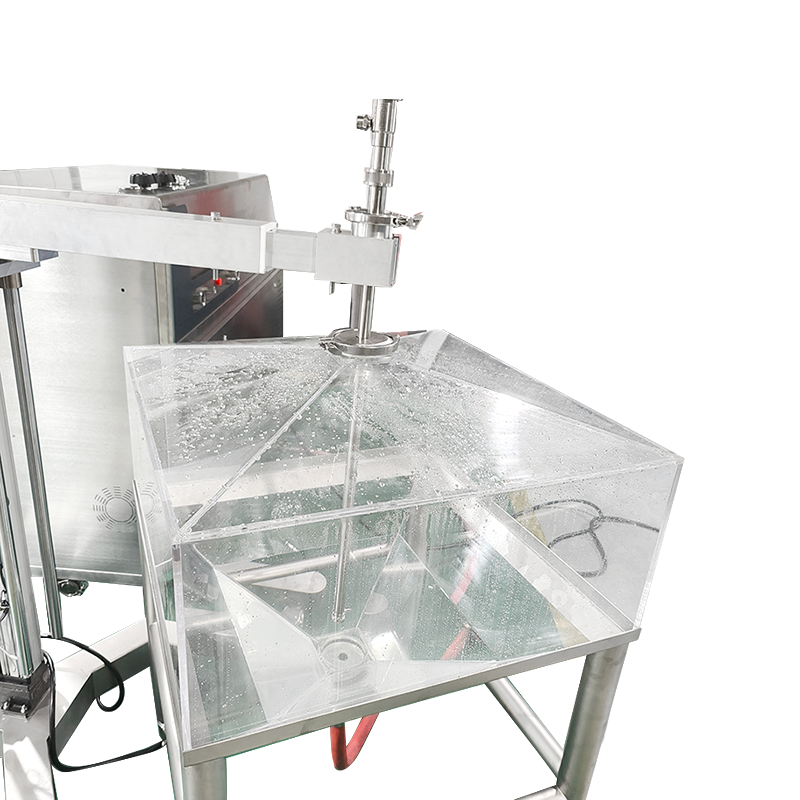
Features to Look for in a GMP-Compliant Cleaning Machine
When selecting a mobile high-pressure GMP cleaning machine, several features are critical:
Stainless Steel Construction: Prevents rust and particle shedding
HEPA Filtration (for exhaust): Ensures clean air circulation during operation
Pressure and Temperature Controls: For customized cleaning cycles
Non-shedding hoses and nozzles: To avoid contamination
Drainage and waste collection systems: For clean and compliant wastewater disposal
Validation Support: Ability to generate documentation for GMP audits
Mobility and compact size: For maneuverability in narrow cleanroom corridors
Noise reduction design: To maintain a safe and quiet working environment
Safety and Efficiency Considerations
Safety is paramount in cleanroom environments. High-pressure cleaning machines must be easy to operate, even by technicians with minimal training. Features like automatic pressure shut-off, leak detection sensors, and touch-free operation (via programmable settings) help prevent accidents and ensure consistent results.
To maintain efficiency, machines must be easy to clean and disinfect themselves, with minimal crevices or joints that could trap residue or bacteria. The best systems are also energy-efficient, conserving water and electricity while maintaining strong performance.
Environmental and Regulatory Aspects
As sustainability becomes more important, many modern cleaning systems are designed with reduced water consumption, low-chemical operation, and recyclable materials. For pharmaceutical companies working toward green compliance, selecting a cleaning machine that supports environmental goals can be an advantage.
On the regulatory side, machines must comply with standards such as:
EU GMP Annex 1
FDA CFR Title 21 Part 211
ISO 14644 for cleanroom classification
USP <1072> and <1116> for surface disinfection
Documentation, SOP integration, and calibration logs are often built into the machine's software system for validation and audit readiness.
The Future of GMP Cleaning Technology
The industry is moving toward smart cleaning systems with integrated sensors, IoT-enabled monitoring, and real-time data reporting. These machines can now send alerts when filters need replacing, track cleaning cycles, and integrate with facility-wide quality management systems (QMS).
Another trend is robotic automation, where mobile GMP cleaning machines operate semi-independently to sanitize rooms based on pre-programmed routes, ensuring consistency and saving labor.
Advanced touchscreen HMIs, password-protected settings, and remote diagnostics are also becoming standard features, enhancing security and traceability.
Conclusion
A Mobile High-Pressure GMP Cleaning Machine is an essential tool in the pharmaceutical, biotech, and cleanroom industries. It combines the flexibility of mobility with the power of high-pressure cleaning, ensuring equipment and surfaces remain compliant with strict GMP hygiene standards.
Whether you’re preparing for an FDA inspection or simply aiming to improve operational cleanliness, investing in a GMP-compliant mobile cleaning solution is a smart move. With growing demands for quality, traceability, and safety, such machines are not just helpful — they’re indispensable.






